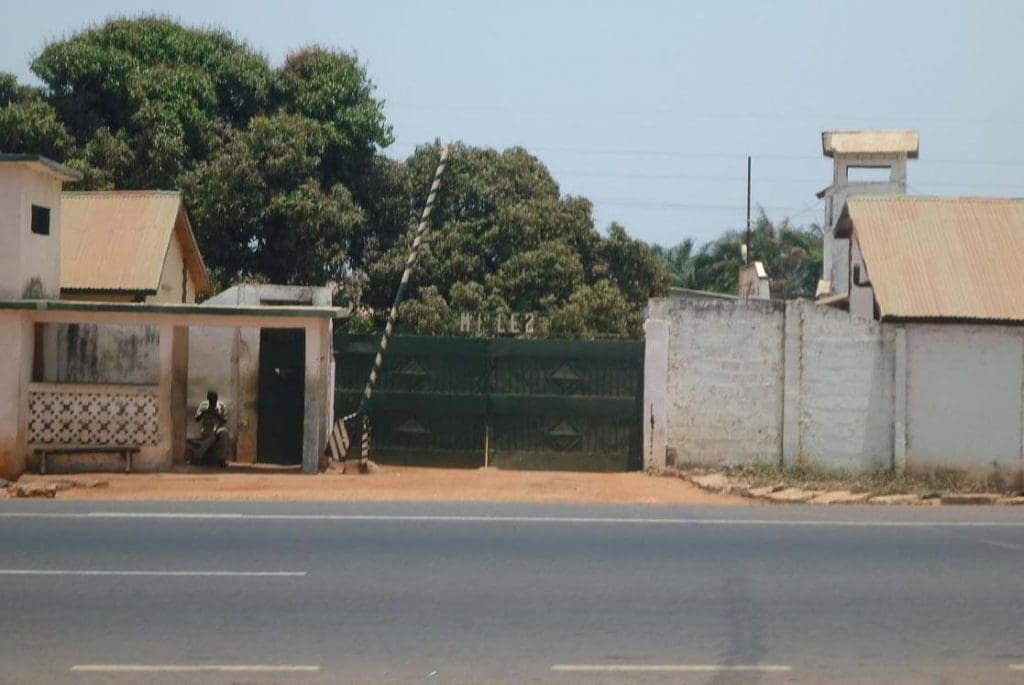Despite scant regard for social distancing from the Gambian public to stop the spread of coronavirus, the government says it is decongesting its overcrowded prisons and minimise the risk of infections from within and without.
To this end, President Adama Barrow acting on his official power of clemency pardoned 121 inmates from the country’s main penitentiaries including the Mile Two Prison.
The other holding facilities are the Jeshwang Prison in the outskirts of Serrekunda and the Jangjangbureh Prison, in the Central River Region.
Although at ten, The Gambia has recorded some of the lowest cases of coronavirus anywhere in the world, health authorities are still wary of overcrowded prisons and bustling scenes in markets and carparks where people seem oblivious of social distancing as a regulation to prevent contagion.
With all ten cases imported from abroad, there is no known person-to-person infection which is thought to have taken place in Africa’s smallest country.
Despite widespread calls for reforms Gambian prisons still maintain squalid cells.
Local health officials fear they may be a fertile breeding ground for contaminations from the zoonotic disease which has claimed one life, a Bangladeshi man who arrived in the country in March.
Thus it was with a view to preempting this that President Barrow extended clemency to a select group of prisoners who have since rejoined mainstream Gambian society.
Since last month Gambian health officials and other medical workers have been involved in a sustained sensitization campaign about the insidious coronavirus, encouraging people to observe physical distancing.
However, this call has gone largely unheeded especially in markets and car parks where people still go about their activities as if it is business as usual, most of them without the scantiest personal kit like face masks to protect them from possible infection.
EJ/as/APA


